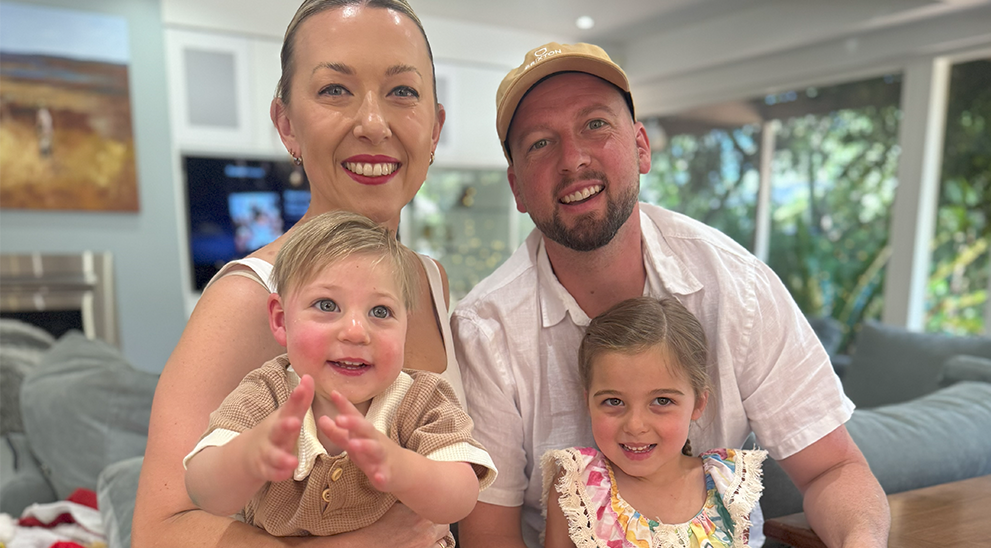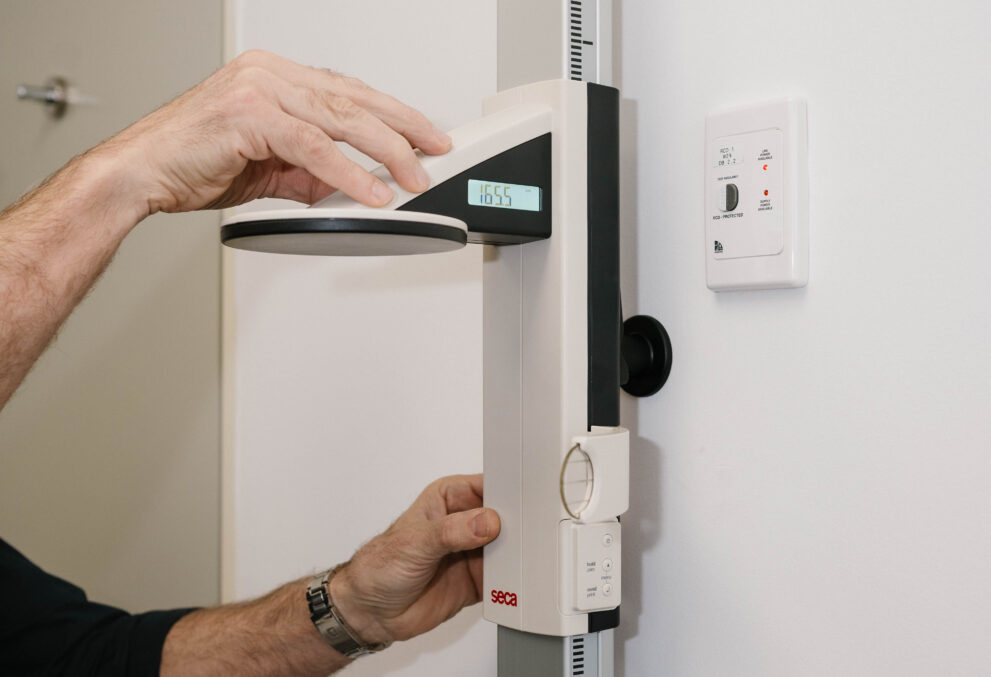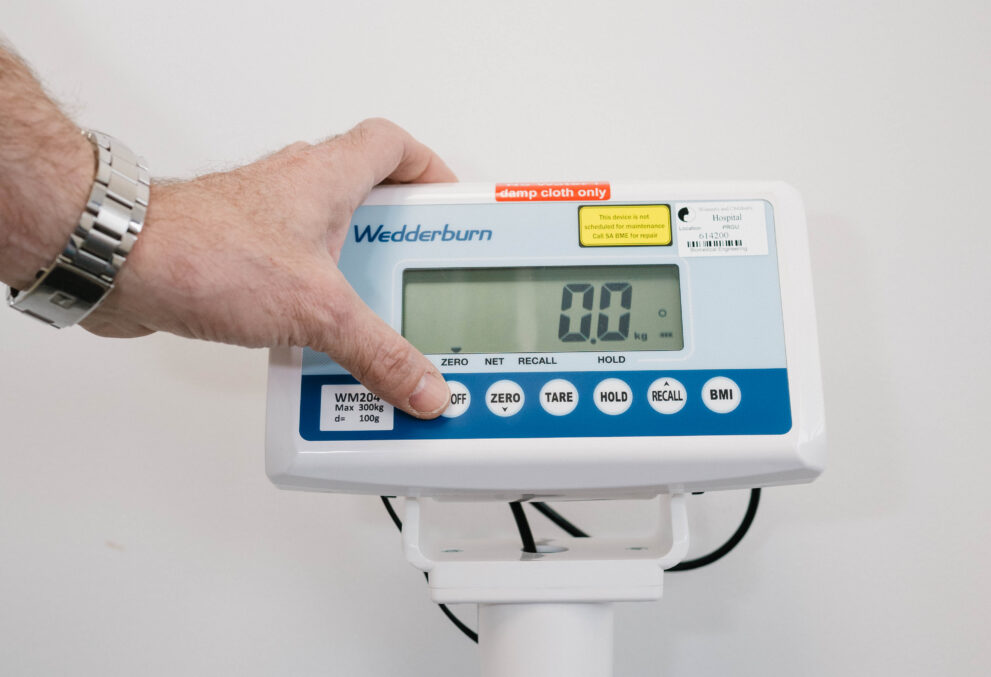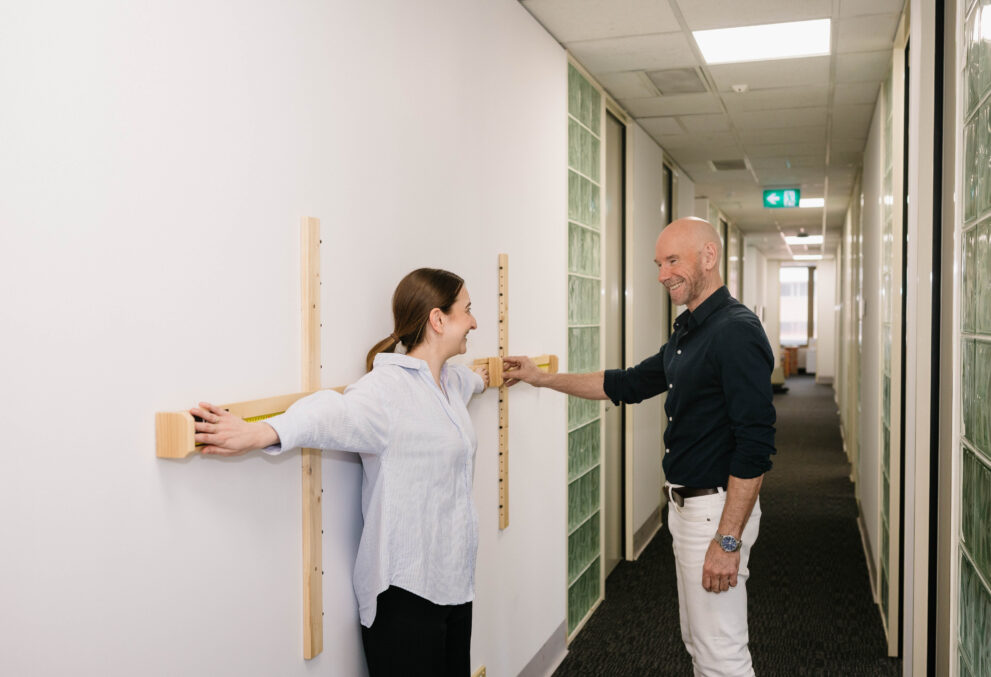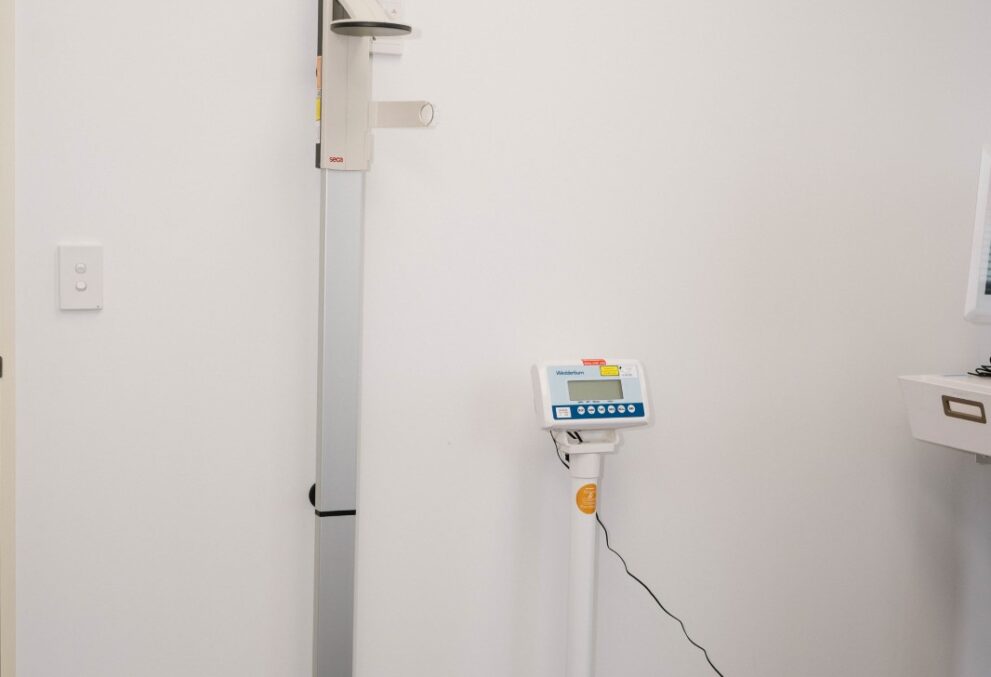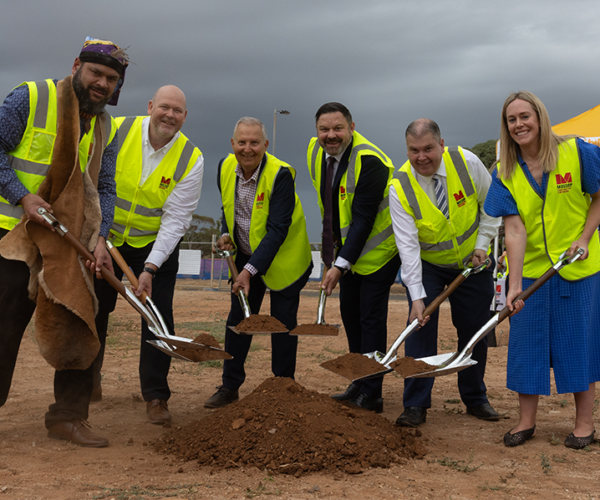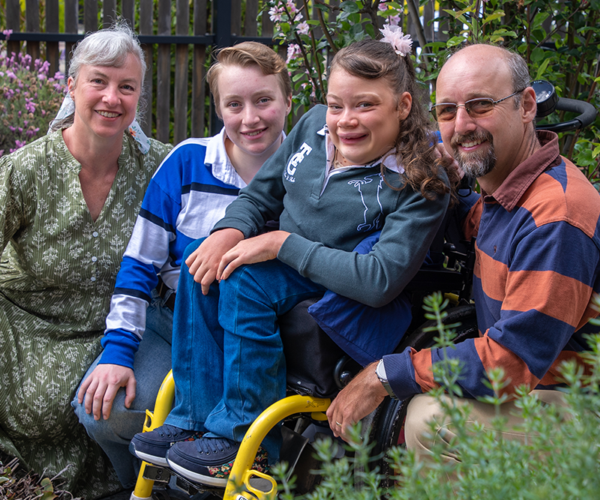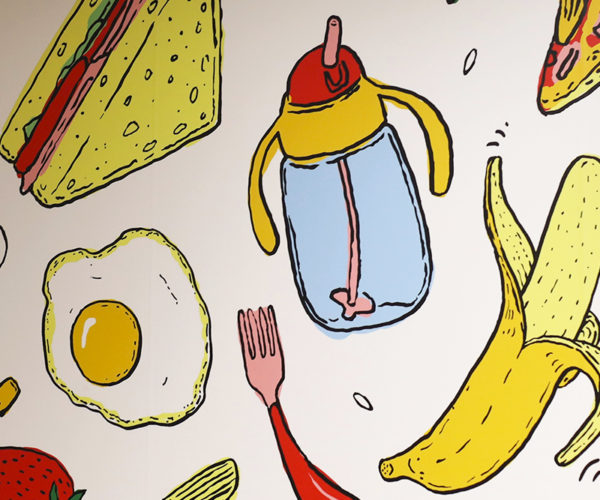When Kate was pregnant with her second child, she and her husband Tom never imagined the journey that lay ahead. Their daughter Grace was a happy, thriving toddler, and they eagerly awaited the arrival of their baby boy, James.
But routine scans soon raised concern. James’ head was measuring small, and by 35 weeks, his growth had dropped below the measurable range. When James was born, his head circumference was just 29cm. He was immediately diagnosed with Microcephaly, a condition where the brain and skull are significantly smaller than normal.
What did this mean for his future? Would he walk? Would he talk? Would he live a healthy life? For weeks, Tom and Kate endured a blur of tests and uncertainty until genetic testing revealed James had ASPM-related primary microcephaly (MCPH5), an incredibly rare disorder with only 200 documented cases worldwide.
Kate explains,
“It felt like we lost the future we had dreamed of. The one where our family lived a healthy, happy life.”
Despite the grief and uncertainty, there were glimmers of hope. An MRI showed James’ brain had developed normally, though much smaller than average, giving the family hope for a less severe form of the disorder. Now two years old, James is a happy little boy, adored by his big sister Grace, with a future full of love and possibility.
Throughout this journey, the Paediatric and Reproductive Genetics Unit at the Women’s and Children’s Hospital have been a constant source of support. “They’re not just medical professionals; they’re people who genuinely care about our family’s future,” Kate said.
Wanting to give back, Tom set himself the ambitious goal of running an ultra-marathon to raise funds for the Genetics Unit. With overwhelming support from their community, Tom and Kate raised an incredible $20,000 in just 10 days.
Thanks to their generosity, the Genetics Unit’s newly expanded consulting space is now equipped with specialist tools, including height and arm span measures, and scales for babies, children, and adults. While simple in appearance, this equipment is vital, enabling clinicians to deliver more accurate monitoring, better care, and greater peace of mind for families facing rare genetic conditions. Funds raised are also helping to create a genetics counselling space, designed with homely décor to provide comfort and support for families during what can be challenging conversations.
For Tom and Kate, this fundraiser was about more than equipment. It was about making sure the team who stood beside them had everything they needed to continue their vital work.
On behalf of the Women’s & Children’s Hospital Foundation, we extend our heartfelt thanks to the Rieger family for their courage, generosity, and commitment to creating brighter futures for South Australian families.
If you’d like to support families like the Riegers, you can donate here.

